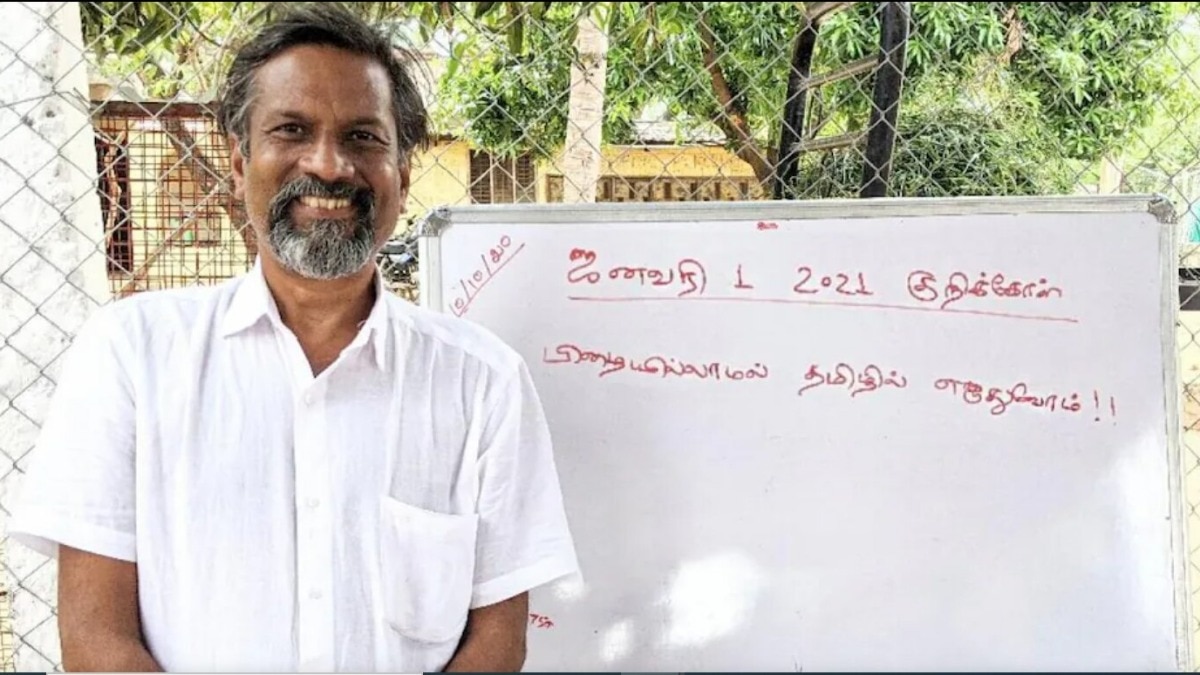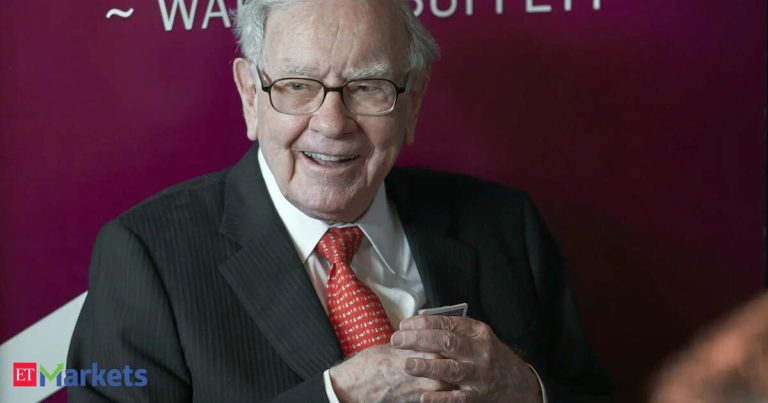Zoho founder Sridhar Vembu has weighed in on India’s urban gridlock, arguing that unchecked city growth isn’t just unsustainable—it mathematically breaks down.
In a post on X, Vembu said India’s major cities require “extraordinary investment in public transport” to remain functional.
But beyond traffic, he warned of a deeper structural problem: as cities grow, the per capita cost of infrastructure doesn’t just rise linearly—it scales with the population, causing total investment needs to grow exponentially.
“That leads to total investment growing as the square of the population,” he wrote. “Ultimately this sets a mathematical upper limit on how big cities can get.”
Vembu pointed to Tokyo’s example—where attempts to keep up with infrastructure for over 34 million people led to “extreme public debt and extremely poor demographics.” The implication: high infrastructure costs eat into any GDP gains, driving up the cost of living and depressing fertility rates.
“There is a size of city that is ‘optimal,’” Vembu said, pegging it between 100,000 and 250,000 residents—what most would still call “towns.” At that scale, he argues, cities retain the benefits of urban clustering without the crushing infrastructure burden.
His comments also offer a clue into Zoho’s own operating philosophy. “Now you know where our offices tend to be located and why!” he added.







